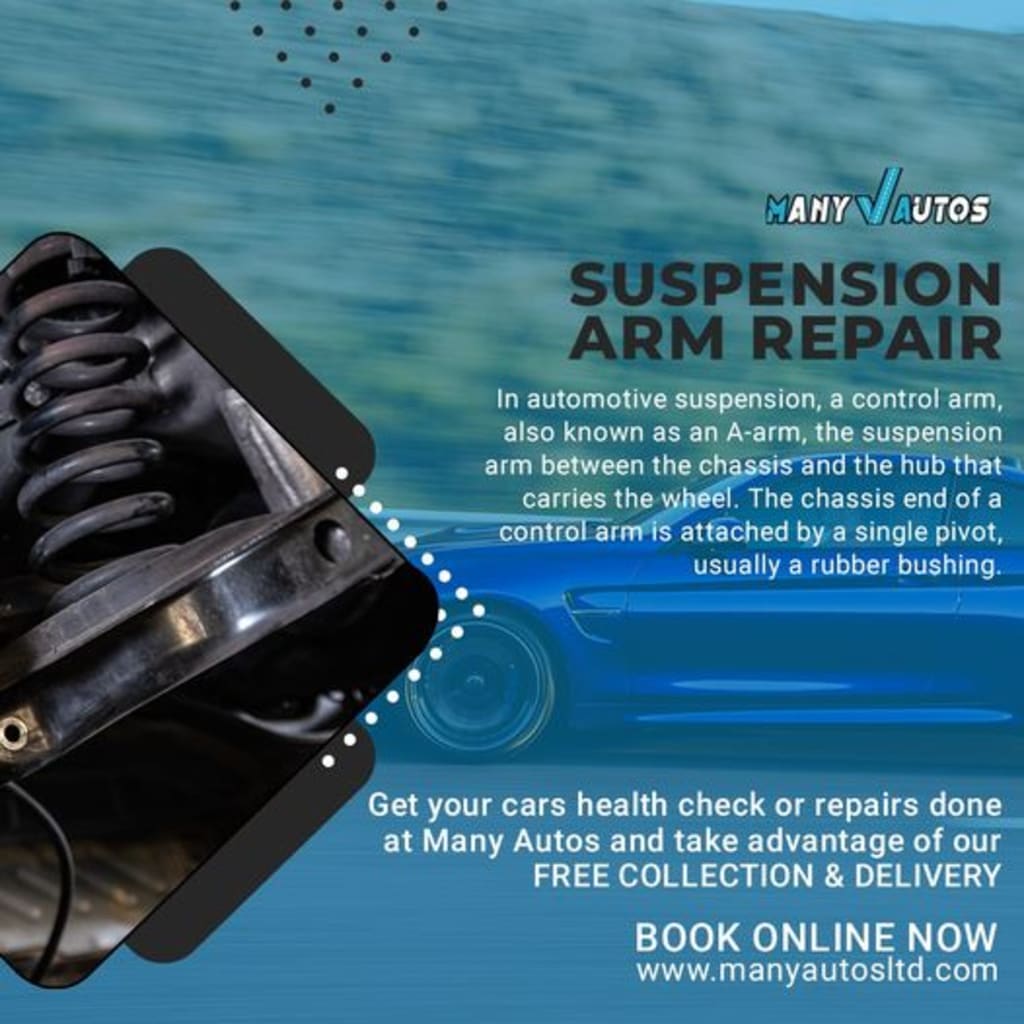Why is it necessary to change the oil in your car on a regular basis?
Explanation on reasons why it is necessary to change the oil in your car on a regular basis and the consequences of not maintaining regular scheduled car service in Reading.

An oil change is one of those necessary car maintenance tasks that is all too easy to put off. Out of sight, out of mind, as your car may appear to be running fine despite the fact that it hasn't had an oil change in recent memory.
However, by postponing your oil change or car service in Reading, you risk causing irreversible damage to your engine components, which could result in a large repair bill down the road.
The most important function of motor oil is to lubricate the moving parts of your engine and keep them from seizing up. Without proper lubrication, the intricate components within the engine will rub together, potentially causing severe engine damage. Engine oil also serves to cool the engine and draw heat away from the combustion chamber, which can become dangerously hot if the liquid properties of the oil are not present to help cool things down.
Why should you change the oil in your car?
So, why does your car's oil need to be changed so frequently? Maybe you checked the dipstick recently and discovered that the oil level is fine, so no action is required, right? Wrong. The oil level in your engine is, of course, critical, but it is only one factor to consider.
Engine oil's lubricating properties do not last forever, and over time, it accumulates dirt and foreign particles, and its chemical composition degrades. The difference is visible because the oil that goes into your car is a golden liquid similar to maple syrup, and what comes out after 4,000-5,000 miles is a black tar-like substance that is much thicker and far less effective as a lubricant.
How frequently should I change my oil?
It is not an exact science to know when to change your oil, but most vehicle manufacturers recommend doing so every 3,000-5,000 miles. A full oil and filter change is included in your vehicle's annual service, but if you drive a lot of miles or spend a lot of time stuck in traffic, it's best to get your oil changed sooner rather than later.
The best advice is to consult your vehicle's owner's manual to determine the recommended oil change interval for your specific vehicle.
When it comes to refuelling, which oil should I use in my car?
It is critical to keep your oil topped up between oil changes. Once water enters the mixture, oil can evaporate over time, and as the oil gradually loses its lubricating properties, your engine will use more of it to keep moving parts running smoothly.
If you're topping up your own oil, it's critical that you get the right one for the job, or, more specifically, the right viscosity. Most engine oil bottles are classified as ‘multigrade,' and they have a viscosity rating with two numbers, such as 10W-30. The number represents the thickness of the oil at various temperatures in layman's terms.
The first number represents the oil's viscosity at a low temperature (W stands for Winter), while the second number represents the viscosity at 100oC. All of this means that the recommended oil thickness varies from vehicle to vehicle, so make sure you use the correct one. As is customary, your vehicle handbook should contain all of the information you require regarding the type of oil to use in your vehicle.
In the absence of this, the viscosity rating is frequently printed on the oil cap under the hood. Finally, if your vehicle's owner's manual recommends using synthetic oil, using a non-synthetic, conventional variety may void your warranty.
Frequently Asked Questions (FAQ’S)
Why is it necessary to change the oil in a car?
Engines have many moving parts, and we rely on oil to lubricate, clean, and cool those parts, preventing metal-to-metal contact and the resulting friction and damage. We need to change the engine oil because the engine oil deteriorates as we drive.
What happens if you do not change your car's oil?
If you go too long without changing your oil, it could cost you your car. When engine oil hardens, it no longer draws heat from the engine. The engine could overheat and either blow a gasket or seize.... Total Engine Failure
Is it dangerous to drive a car that hasn't had its oil changed?
Your engine will run smoothly even if you do not change the oil frequently or if you exceed the set limit. It will take your vehicle anywhere from 5,000 to 6,000 miles if your engine can tolerate it. Running the vehicle without an oil change is not as dangerous as running it without any oil at all.
Is it necessary to change your oil every three months?
Many quick-lube chains recommend doing it every three months or 3,000 miles, but many mechanics believe that such frequent changes are excessive. Indeed, most car owners' manuals advise changing the oil less frequently, usually every 5,000 or 7,500 miles.
About the Creator
Car Services in Reading
Are you looking for a reputable and high-quality car garage in Reading ? Car Services in Reading is your one-stop shop for online garage services in Reading. Book online car repair services with us with confidence.






Comments
There are no comments for this story
Be the first to respond and start the conversation.